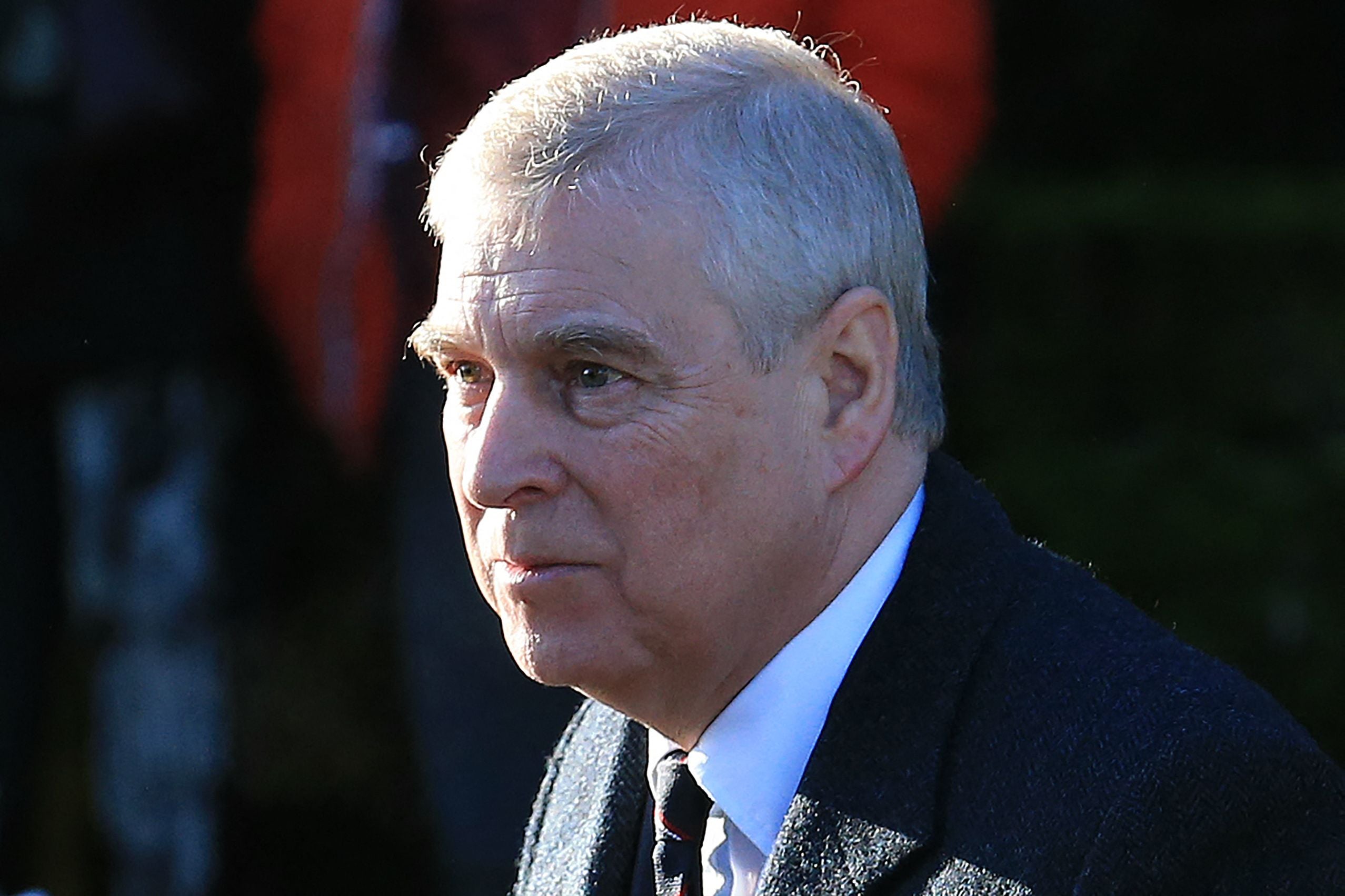What can be done about the Queen’s turbulent second son, the Duke of York?
Editorial: Such is human nature that not everyone who happens to be born into the House of Windsor is as cautious and dutiful as, say, Her Majesty – genetics has its limits

Such is the nature of the hereditary principle that, sometimes, less than ideal personalities pop up in the line of royal succession or elsewhere as prominent members of the family; people whose sense of judgement can be problematic, to put it mildly, and cause trouble.
Such is human nature, indeed, that not everyone who happens to be born into the House of Windsor is as cautious and dutiful as, say, the Queen – genetics has its limits. What, then, can be done with and about her turbulent second son, the Duke of York?
However his legal problems eventually resolve themselves, his reputation, as his lawyers are keen to point out, has been tarnished by his associations with convicted paedophile Jeffrey Epstein, convicted sex trafficker, Ghislaine Maxwell, and the allegations levelled against him by Virginia Giuffre, vehemently denied by Prince Andrew.
These have already been sufficient to force him to “stand back” from almost all of his public role. The question is whether the time has now come for him to effectively become a “ghost royal”, rarely seen and with any remaining formal roles rescinded – such as his honorific position as colonel-in-chief of army regiments, and using his title of Duke of York, granted to him on the day of his ill-starred marriage to Sarah Ferguson in 1986.
The limited public activities of his daughters, Beatrice and Eugenie, would probably follow him into the shadows, a poignant footnote to his strenuous efforts to secure them a civil list role among the burgeoning family. The Duchess of York has already turned to publishing historical novels to bolster her self-esteem and accustomed lifestyle.
Subtly and gradually, the Prince of Wales has been scaling down the York family’s importance for many years. This is part of an overdue slimming down and rationalisation of “the firm”, with Charles hiving off various Kents, Gloucesters and Snowdons as if he was a CEO of some old manufacturing business with too many underperforming factories.
Andrew’s fall from grace has facilitated and accepted that trend. The royal family, and the public generally, will manage very well without Prince Andrew. But his eclipse is still not complete, presumably because of the resistance of his mother and his own dogged resistance to losing what is left of his dignity and stock of fancy uniforms. But it is not entirely up to her, or Prince Charles for that matter; as this is not entirely a private, family, matter, where recollections may differ.
Like it or not, whatever role the House of Windsor plays in national life derives from the consent of the people, as represented by their parliament and government. So far as can be made out, though, the prime minister has been reluctant to offer guidance to the monarch – and has said as much in relation to the painful saga of Meghan and Harry.
To keep up to speed with all the latest opinions and comment sign up to our free weekly Voices Dispatches newsletter by clicking here
Besides, who is Boris Johnson to offer anyone advice about probity in their lives? It is also important to keep Prince Andrew in some sort of perspective. He is a big story, of course, but constitutionally he is irrelevant.
The remote possibility of “King Andrew” passed long ago, and he now stands ninth in line to the throne. At 61, he is of an age when he can plausibly claim to be taking retirement, can offload his remaining ceremonial jobs, and he can live out his days with his family, playing golf and pursuing the traditional pastimes of a country gent.
The public won’t miss him that much.



Join our commenting forum
Join thought-provoking conversations, follow other Independent readers and see their replies
Comments